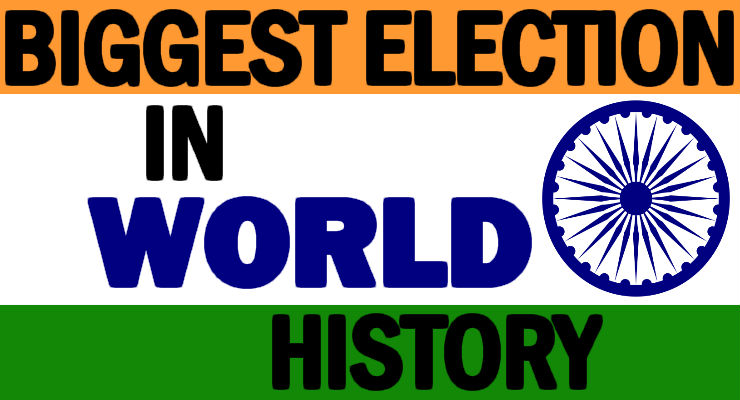
Giant India is perhaps the world’s most important electoral democracy. According to Freedom House, “elections have generally been free and fair”. But with almost 1.4 billion people, voting in India is no administrative picnic. Can new tech like blockchain enable an accessibility revolution in the world’s biggest democracy? A new article at Block Publisher by Khunsha Javed takes on this question:
People can register and vote on the blockchain, a blockchain can hold enormous data of course, and then Instead of allowing the ex-government to become a validator, the committee organizing the election can designate a consortium of universities, nongovernmental organizations and such whose consensus determines what makes it onto the blockchain. There onwards things get a little automated and digitized, meaning that the votes can be counted automatically through the tech without the worry of someone picking and choosing.
This could be done from homes, and since India is heavy on smartphones, it could be no problem to get it to villages and ensure women, all elderly people and all castes cast their vote no matter what, safely and with a great deal of secrecy. Nobody will go to the bounds to find and fire people on the basis of who voted whom in the elections to employ violence or terror on them.
See the full story here. Also check out our section on World Democracy.
Leave a Reply